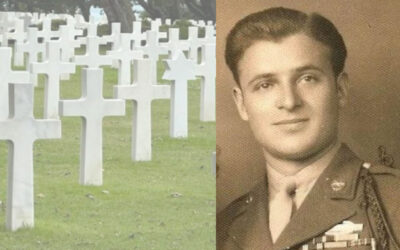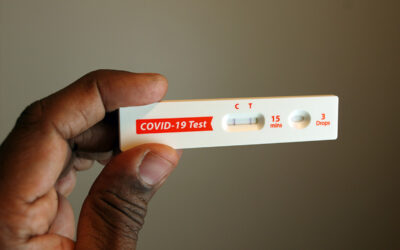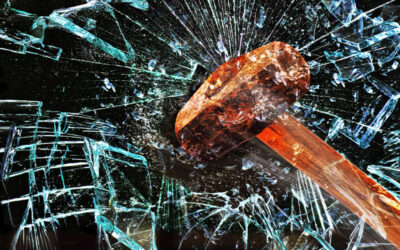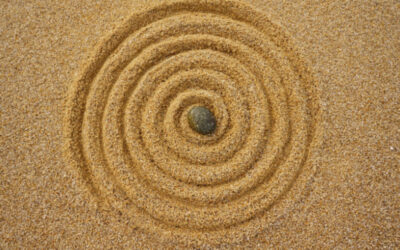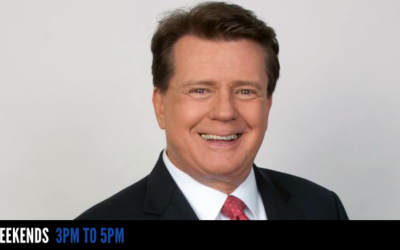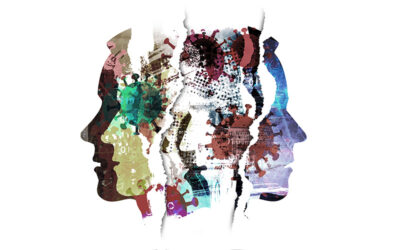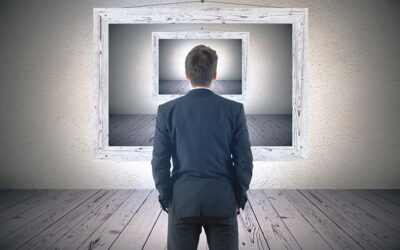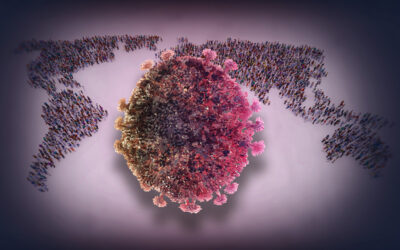One of the biggest challenges for me during this pandemic has been the very real possibility that work, as I have known it, may never be the same.
On March 16, complying with the orders of Mayor London Breed, I shut down my San Francisco chiropractic practice. As an essential service, I could have stayed open. But my partner and I (along with the other practitioners in my office) chose to “shelter in pace” in order to help “flatten the curve” of the coronavirus spread.
I plan to re-open for business this coming Monday, May 4. We will take all of the necessary and recommended precautions: wearing masks, physically distancing our clients in the waiting room, reducing patient appointment numbers, scrubbing down door knobs and treatment tables, and so on. But the harsh reality is that my private practice–already under assault prior to this pandemic, due to the ongoing dysfunction of our health care system—is entering a new phase, filled with unknowns.
In a climate where people are wary of close physical contact, how many of my patients will stay away? How can we absolutely protect ourselves, and those we work with closely? What might our liability be if one of our patients contracts COVID-19 after seeing us, wherever they might have picked it up?
These and many other questions are paramount for health care practitioners, but on the minds of millions of other workers as well. My street in San Francisco has been devastated. Empty store fronts–from restaurants and boutiques to hair and nail salons—are everywhere, many boarded up. Each one of those is a real small business; the fruition of dreams and hard labor, gone. Many will not return.
So what do we do now, when our work–which is often so intimately interwoven with our identities–disappears like a puff of smoke? In addition to the economic destruction wrought upon many of us, there are deep emotional questions to grapple with. Who have we been? Who are we now? Who will we become? Each of us will have to answer these questions for ourselves. This pandemic has flattened the world as we have known it. Will it flatten us as well, or provide a blank canvas upon which we can paint a new world?
I pose these questions, not to evoke sympathy for my plight. My story is just one of tens of millions, each one worth telling and hearing. I ask them for my millennial son, and for all of the other children who must bare the burden of this new world; for the family of five living in a two-bedroom apartment in outer Queens, with kids out of school and parents out of work, wondering how they will pay their rent and have food money for the next month. COVID-19 has exposed so many of the countless inequities of our system, both locally and globally, around the issues of health care, sustenance, and job (in)security. We can no longer turn away from these realities. We must not.
As Leonard Cohen once wrote, “There is a crack in everything/ that’s how the light gets in.” There is a crack in our world. I pray for the light of a more just, healthy world, to shine through.
Copyright 2020
Dr. Ricky Fishman has been a San Francisco based chiropractor since 1986. In addition to the treatment of back pain and other musculoskeletal injuries, he works as a consultant in the field of health and wellness with companies dedicated to re-visioning health care for the 21st century.
ricky@rickyfishman.com www.rickyfishman.com

